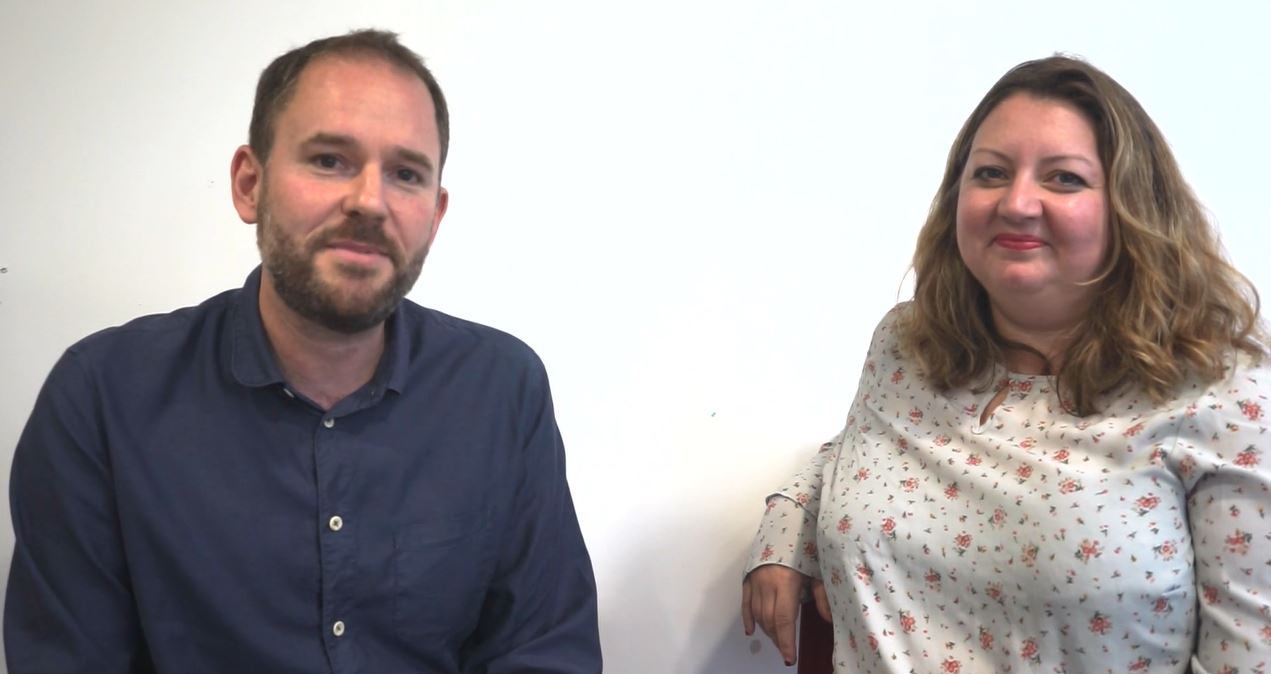
By Kirsty McNeill.
I’m far from an apologist for this current crop of politicians. I’ve written elsewhere about the seven trends undermining our democracy and I’m as angry as anyone about the carelessness with which powerful people are treating their responsibilities. But whatever our personal view about whether politics is delivering, it is not as unpredictable as some of the headlines would suggest.
I recently completed another of Future Advocacy’s Mini Masterclasses (you can see earlier ones here), this time on what to think about when preparing to lobby a politician. I should declare an interest here. Some of my best friends are politicians. My best ever job was working for a politician. And I spent four years as an elected politician in local government. But even I think political people are pretty weird. We are wired differently, because we’re always thinking about three things other people aren’t.
The first is political ideas. A basic grounding in the main ideological currents in each of your target political parties is a must. The best starting point is Adam Swift’s beginner’s guide to political philosophy but there is also a huge number of podcasts (ranging from the neutral like Talking Politics and Political Thinking to the more party-aligned like Coffee House Shots and the New Statesman podcast) which treat political ideas with the seriousness and good faith they deserve. If somebody in your team says politicians are ‘only interested in votes or publicity’ they’ve probably not spent very much time with them. In my experience they are obsessively interested in how their vision and values can be realised through policy. Getting to grips with the ideas that animate different tribes of politicians is among the most productive things you’ll do as an advocate so make the time. You’ll hopefully be pleasantly surprised by how much it opens up your own thinking about your personal values too.
The second way they are different to others you might deal with is they are constantly forming and re-forming coalitions and partnerships. In a well-functioning democracy power is constantly being contested and shifting – very rarely can one person (even a prime minister) act effectively without allies. So know what you have that’s useful – whether it’s information, connections or ideas – and go in prepared to offer it. That doesn’t mean you’re now a partisan for that politician or their party, it just means you’re more likely to form a long term working relationship than if you treat every meeting as a one-shot game.
The third thing politicians think about that activists tend not to is how to make trade-offs and reconcile competing interests. At our worst campaigners can be self-righteous and intellectually lazy, failing to acknowledge that there are a whole range of legitimate perspectives on any given question and a host of unintended consequences a decision-maker will need to account for. If you only remember one thing about dealing with politicians, please make it this: campaigners make things possible, politicians make things happen. In the end it is the politician’s job – not yours – on the line. Be smart about acknowledging who they are ultimately accountable to. Getting under the skin of public opinion by immersing yourself in polling research is also time well spent here.
Ultimately, politicians might be driven by different impulses to the rest of your stakeholders, but they aren’t so different from one another, or from their predecessors, as you’d imagine reading the news. Politics, for all of its current turmoil, still has some iron rules. If you remember these three you still stand a good chance of working with them productively, despite the uncertainty of what lies ahead.
Kirsty McNeill is Executive Director of Policy, Advocacy and Campaigns at Save the Children. You can watch her first Masterclass on What makes a brilliant advocacy strategy? here.